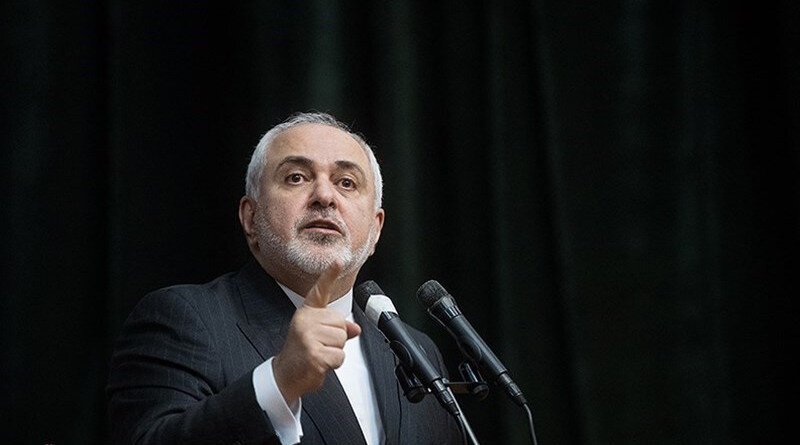Iran to avoid protracted nuclear talks: FM Zarif

TEHRAN – Iranian Foreign Minister Mohammad Javad Zarif has ruled out the prospect of Iran and the P4+1 engaging in a process of talks for the sake of talks, saying the duration of the nuclear negotiations is determined by national interests.
The chief Iranian diplomat’s comments were posted in Persian on his Instagram page. He thanked Leader of the Islamic Revolution Ayatollah Seyed Ali Khamenei for supporting the Iranian negotiators, underlining that the Leader’s recent remarks “once again, as in previous difficult times, revived hopes and made [our] steps stronger.”
“The Leader’s advice to refrain from ‘attritional negotiations’ has always been a beacon for us,” Zarif said.
“We considered ‘negotiations for the sake of negotiations’ a failed experience and we negotiated only to achieve national goals,” he continued.
The remarks came after the Leader called on Iranian negotiators to be careful not to let the nuclear talks become too long or draining.
“I have discussed the country’s policy with officials both in public and private meetings and also in writing. It is clear what the country’s policy is and what officials should do. Now, they have decided to negotiate in order to implement this same policy. I have no problem with this, but they should be careful not to let negotiations become too draining or allow the other side to lengthen the negotiations too much, because this is detrimental to the country,” Ayatollah Khamenei said on Wednesday.
He added, “When the Americans continuously speak of their willingness to negotiate directly with Iran, they do not intend to negotiate in order to accept the truth. Rather, their purpose in negotiating is to impose their false claims. This is what they always do. They do not want to listen to and accept the truth.”
Iran and the remaining parties to the 2015 Iran nuclear deal, officially known as the Joint Comprehensive Plan of Action (JCPOA), are holding talks over how to restore the deal from which the U.S. withdrew in May 2018.
The latest meeting of the JCPOA Joint Commission was held in Vienna on Thursday. Participants agreed to continue talks at expert-level working groups, according to a statement issued by the Iranian Foreign Ministry after the meeting.
So far, the Vienna talks have resulted in the establishment of two expert-level working groups, one to identify the sanctions that the U.S. should remove in order to return to the JCPOA, and another to specify the nuclear activities that Iran should reverse. These groups report their discussions to the Joint Commission.
“At the beginning of today's meeting of the Joint Commission, Dr. Araghchi, head of the Iranian delegation, while condemning the recent sabotage of the Natanz facility and lamenting the weak reaction of European countries to the incident, stressed that JCPOA members should unanimously and without political considerations condemn this act, which is an example of nuclear terrorism and a gross violation of international law,” the statement said, according to the Iranian Foreign Ministry.
The Iranian diplomat also said the negotiating team of the Islamic Republic does not seek erosive negotiations and a waste of time. He underlined that the talks should take place within a specific framework and within an acceptable time frame.
Speaking on the sidelines of the Thursday meeting of the JCPOA Joint Commission, Araghchi underlined the need for the U.S. to prepare a list of sanctions that should be lifted. Without such a list, Araghchi said, “nothing will happen.”
The Iranian diplomat pointed out that he couldn’t say that he was optimistic but he thinks that the negotiations are “on a good track.” At the same time, the chief Iranian nuclear negotiator said there were some negative impacts on the nuclear talks that should be somehow managed.
